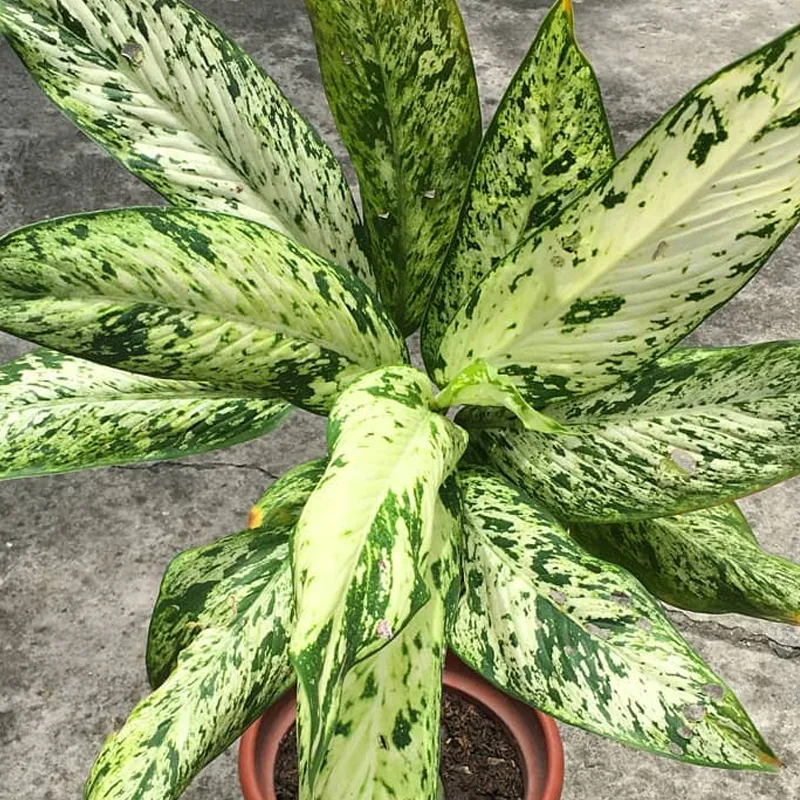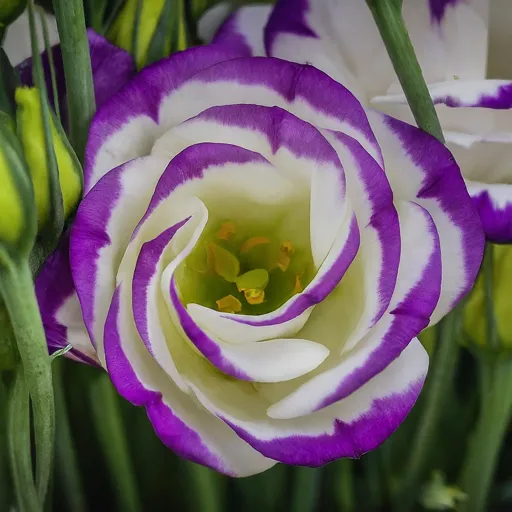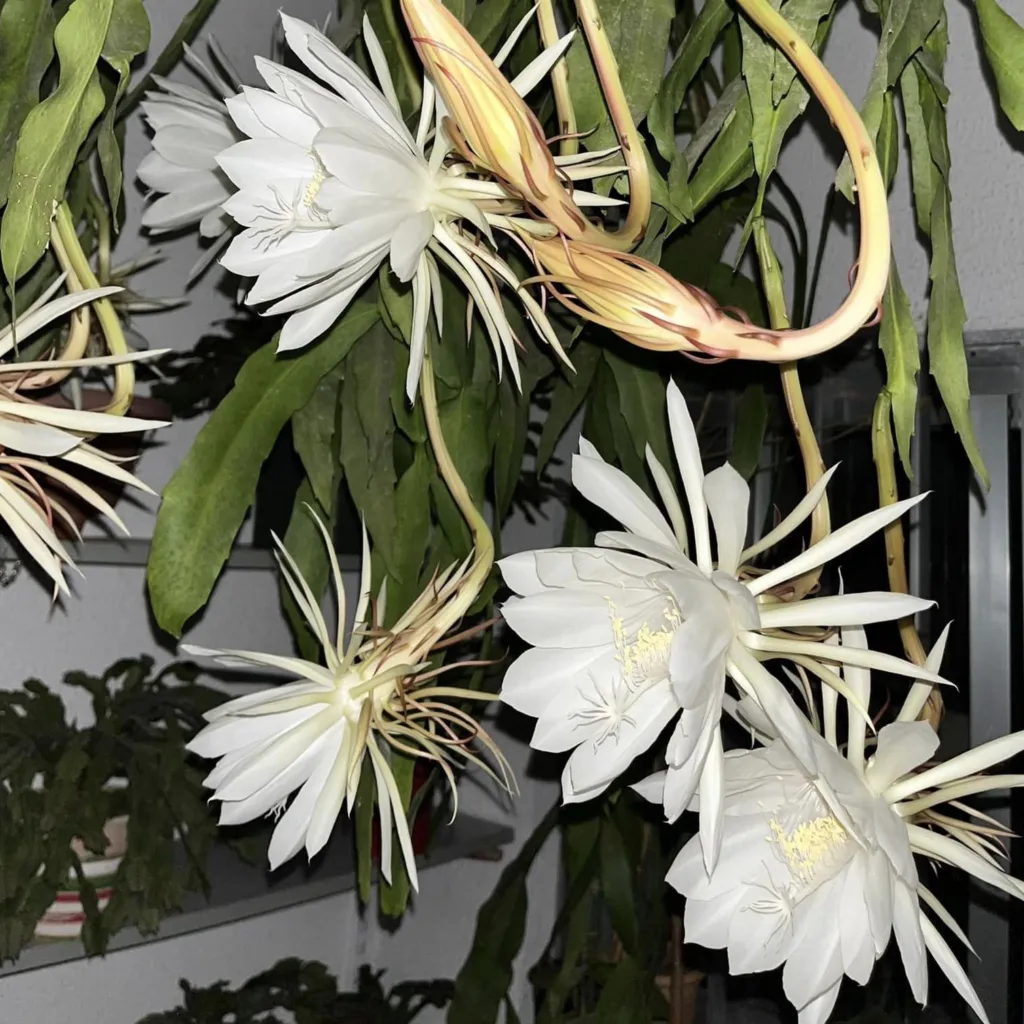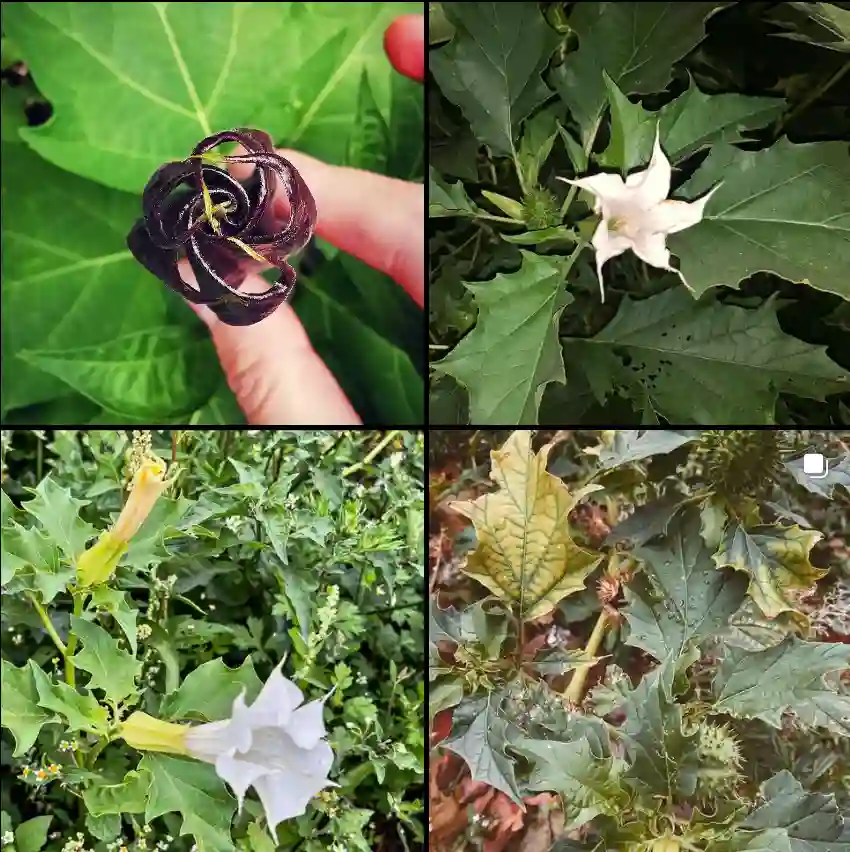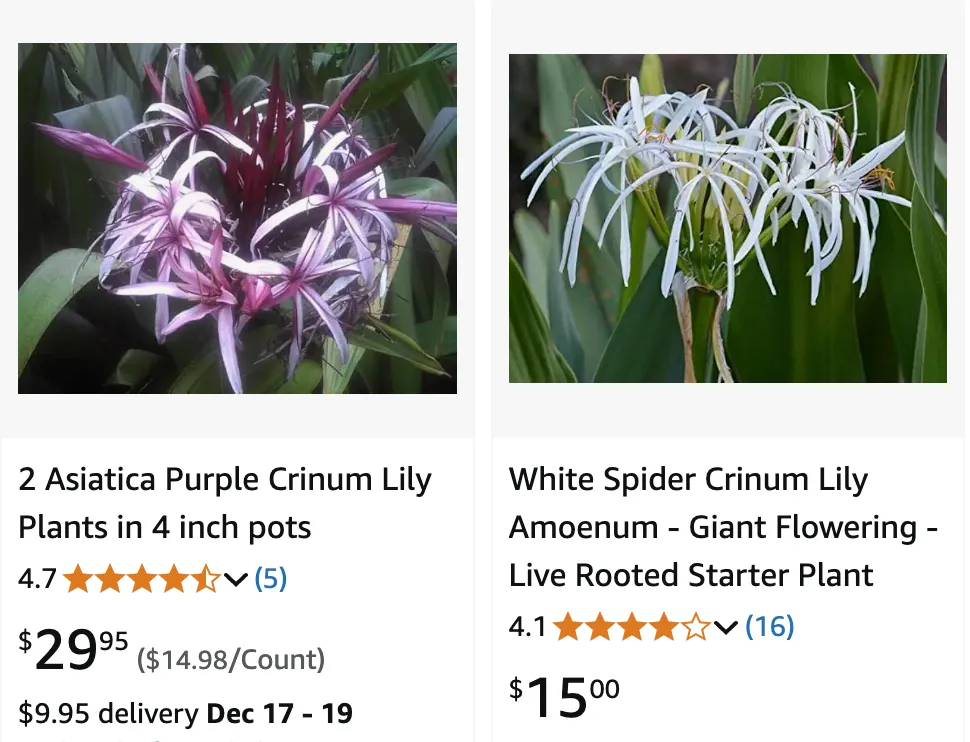
December 27 – Crinum
"Crinum, the swamp lily, defines December 27."
Crinum symbolizes resilience and beauty. You flourish in the most challenging conditions, always emerging strong and vibrant. Like its large blooms, you are a striking presence wherever you go.
Crinum: A Love Affair with the Swamp Lily
My name is Ferb Vu, and I have a confession to make. I’m utterly captivated by Crinum, a genus of bulbous flowering plants belong to the Amaryllidaceae family, that have captured my imagination with their elegant beauty and resilience. These aren’t your typical garden-variety blooms. They’re bold, they’re dramatic, and they thrive where others falter – in the damp, humid corners of the world. I’m drawn to their strength, their ability to flourish in conditions that would make other plants wilt.
Perhaps it’s their connection to water that resonates with me. Crinum species are often found near streams, marshes, and swamps, places where life teems and the air hangs heavy with moisture. They’re a reminder that beauty can be found in the most unexpected places, that strength and grace can coexist with wildness and untamed energy.
A Diverse and Dazzling Family
The Crinum genus boasts a remarkable diversity, with an estimated 180 species spread across tropical and subtropical regions worldwide. Each species has its own unique charm, a distinct personality that sets it apart. Some flaunt enormous, fragrant blooms that perfume the air with their sweet scent, while others possess delicate, spider-like flowers that dance in the breeze.
Here are:
- Crinum abyssinicum Hochst. ex A.Rich.
- Crinum acaule Baker
- Crinum album (Forssk.) Herb.
- Crinum × amabile Donn ex Ker Gawl.
- Crinum amazonicum Ravenna
- Crinum americanum L. Plant FAQs: American Crinum Lily – Crinum Americanum
- Crinum amoenum Ker Gawl. ex Roxb.
- Crinum amphibium Bjorå & Nordal
- Crinum arenarium Herb.
- Crinum asiaticum L. Plant FAQs: Crinum Asiaticum – Giant Crinum Lily
- Crinum aurantiacum Lehmiller
- Crinum bakeri K.Schum.
- Crinum balfourii Mast.
- Crinum bambusetum Nordal & Sebsebe
- Crinum belleymei Hérincq
- Crinum biflorum Rottb.
- Crinum binghamii Nordal & Kwembeya
- Crinum brachynema Herb.
- Crinum braunii Harms
- Crinum brevilobatum McCue
- Crinum bulbispermum (Burm.f.) Milne-Redh. & Schweick. Plant FAQs: Crinum Bulbispermum – River Lily – Swamp Lily
- Crinum buphanoides Welw. ex Baker
- Crinum calamistratum Bogner & Heine Plant FAQs: Crinum Calamistratum
- Crinum campanulatum Herb.
- Crinum carolo-schmidtii Dinter
- Crinum crassicaule Baker
- Crinum darienense Woodson
- Crinum defixum Ker Gawl.
- Crinum erubescens L.f. ex Aiton
- Crinum erythrophyllum Carey ex Herb.
- Crinum filifolium H.Perrier
- Crinum fimbriatulum Baker
- Crinum firmifolium Baker
- Crinum flaccidum Herb.
- Crinum forgetii C.H.Wright
- Crinum giessii Lehmiller
- Crinum gigas Nakai
- Crinum glaucum A.Chev.
- Crinum gracile G.Mey. ex C.Presl
- Crinum graciliflorum Kunth & C.D.Bouché
- Crinum graminicola I.Verd.
- Crinum hanitrae Lehmiller & Sisk
- Crinum hardyi Lehmiller
- Crinum harmsii Baker
- Crinum hildebrandtii Vatke
- Crinum humile Herb.
- Crinum jagus (J.Thomps.) Dandy
- Crinum jasonii Bjorå & Nordal
- Crinum joesmithii M.D.Barrett & R.L.Barrett
- Crinum kakaduensis Lehmiller & Lykos
- Crinum kirkii Baker
- Crinum kunthianum M.Roem.
- Crinum lakefieldensis Lehmiller, Lykos & R.Ham.
- Crinum latifolium L. Plant FAQs: Crinum Latifolium
- Crinum lavrani Lehmiller
- Crinum lineare L.f.
- Crinum longitubum Pax
- Crinum lorifolium Roxb.
- Crinum luangwense Uttgaard & Bjorå
- Crinum lugardiae N.E.Br.
- Crinum luteolum Traub & L.S.Hannibal
- Crinum macowanii Baker
- Crinum majakallense Baker
- Crinum malabaricum Lekhak & S.R.Yadav
- Crinum mauritianum G.Lodd.
- Crinum mccoyi Lehmiller
- Crinum minimum Milne-Redh.
- Crinum modestum Baker
- Crinum moorei Hook.f.
- Crinum muelleri Lehmiller & Lykos
- Crinum natans Baker
- Crinum neroanum Lehmiller, Sisk & J.Zimmerman
- Crinum nordaliae Mabb.
- Crinum nubicum L.S.Hannibal
- Crinum oliganthum Urb.
- Crinum ornatum (Aiton) Herb.
- Crinum paludosum I.Verd.
- Crinum palustre Urb.
- Crinum papillosum Nordal
- Crinum parvibulbosum Dinter ex Overkott
- Crinum parvum Baker
- Crinum piliferum Nordal
- Crinum politifolium R.Wahlstr.
- Crinum pronkii Lehmiller
- Crinum purpurascens Herb.
- Crinum pusillum Herb.
- Crinum rautanenianum Schinz
- Crinum razafindratsiraea LehMill.
- Crinum reddyi M.Patel & H.Patel
- Crinum roperense Lehmiller & Lykos
- Crinum rubromarginatum Lehmiller
- Crinum salsum Ravenna
- Crinum scillifolium A.Chev.
- Crinum serrulatum Baker
- Crinum solapurense S.P.Gaikwad, Garad & Gore
- Crinum stenophyllum Baker
- Crinum stracheyi Baker
- Crinum stuhlmannii Baker
- Crinum subcernuum Baker
- Crinum surinamense Ravenna
- Crinum thaianum J.Schulze
- Crinum trifidum Nordal
- Crinum undulatum Hook.
- Crinum uniflorum F.Muell.
- Crinum variabile (Jacq.) Herb.
- Crinum venosum R.Br.
- Crinum verdoorniae Lehmiller
- Crinum virgineum Mart. ex Schult. & Schult.f.
- Crinum walteri Overkott
- Crinum wattii Baker
- Crinum welwitschii Baker
- Crinum wimbushi Worsley
- Crinum woodrowii Baker ex W.Watson
- Crinum xerophilum H.Perrier ex Lehmiller
- Crinum yorkensis Lehmiller, Lykos & R.Ham.
- Crinum zeylanicum (L.) L.
More Than Just a Pretty Face
But Crinum is more than just a collection of pretty faces. These plants have a rich history, intertwined with human culture and tradition. In some parts of the world, Crinum species are used in religious ceremonies, their fragrant blooms offered as gifts to the gods. In others, they’re valued for their medicinal properties, their bulbs and leaves used to treat a variety of ailments.
This connection between Crinum and humanity speaks to the deep-rooted relationship between people and plants. It’s a reminder that plants are more than just decorative objects; they’re living beings with their own stories to tell, their own roles to play in the intricate web of life.
A Gardener’s Delight (and Challenge)
As an avid gardener, I’ve had the pleasure of cultivating several Crinum species. They’re not the easiest plants to grow, requiring specific conditions to thrive. But the rewards are well worth the effort. When a Crinum blooms, it’s an event, a spectacle of nature that fills me with awe and wonder.
The key to success with Crinum lies in understanding their needs. They crave moisture, warmth, and rich, fertile soil. They’re not fond of being disturbed, so it’s best to plant them in a permanent location where they can spread their roots and flourish.
But perhaps the most important ingredient in Crinum cultivation is patience. These plants take their time to establish, sometimes years before they reward you with their first blooms. But when those blooms finally appear, it’s a moment of pure magic, a testament to the enduring power of nature.
A Symbol of Resilience and Beauty
For me, Crinum represents more than just a botanical fascination. It’s a symbol of resilience, a reminder that beauty can thrive in the most challenging environments. It’s a testament to the power of adaptation, the ability to flourish in the face of adversity.
In a world that often feels chaotic and unpredictable, Crinum offers a sense of stability, a connection to the enduring rhythms of nature. It’s a reminder that even in the midst of change, there is beauty to be found, strength to be drawn upon. And for that, I am eternally grateful.
If i die, water my plants!
